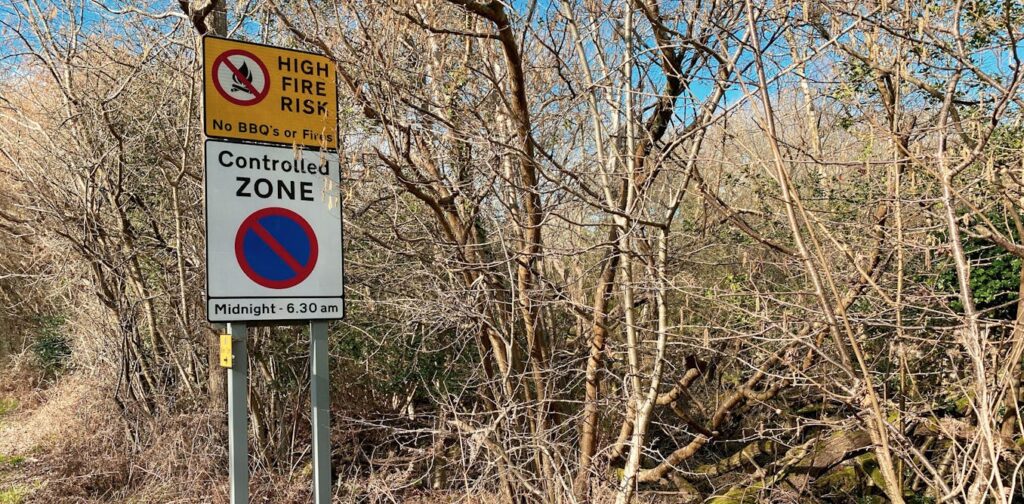The UK experienced a remarkably dry and warm spring in 2025, with April being the hottest since records began in 1910, including a record temperature of 29.3°C on May 1st. Both March and April saw around half the usual rainfall, raising concerns about a potential summer drought, affecting farmers and prompting water companies to recommend water conservation.
This unusual weather is attributed to a “blocking” weather system that has disrupted the typical flow of moist air from the North Atlantic, leading to heat waves and droughts. Experts link climate change to increased frequency and intensity of such weather patterns, complicated by the variability of yearly weather and the impact of greenhouse gas emissions from fossil fuels.
While climate models suggest a potential decrease in blocking events due to rising greenhouse gas levels, real-world occurrences seem more frequent, leading to uncertainty in predictions. Additionally, the dynamics of the jet stream—a critical factor in weather patterns—are influenced by contrasting temperatures between the Arctic and mid-latitudes, impacting the strength and frequency of blocking events.
Overall, climate change is contributing to increased warmth and drought conditions, adversely affecting food and water resources and pointing to a challenging future regarding climate impacts.
Source link


